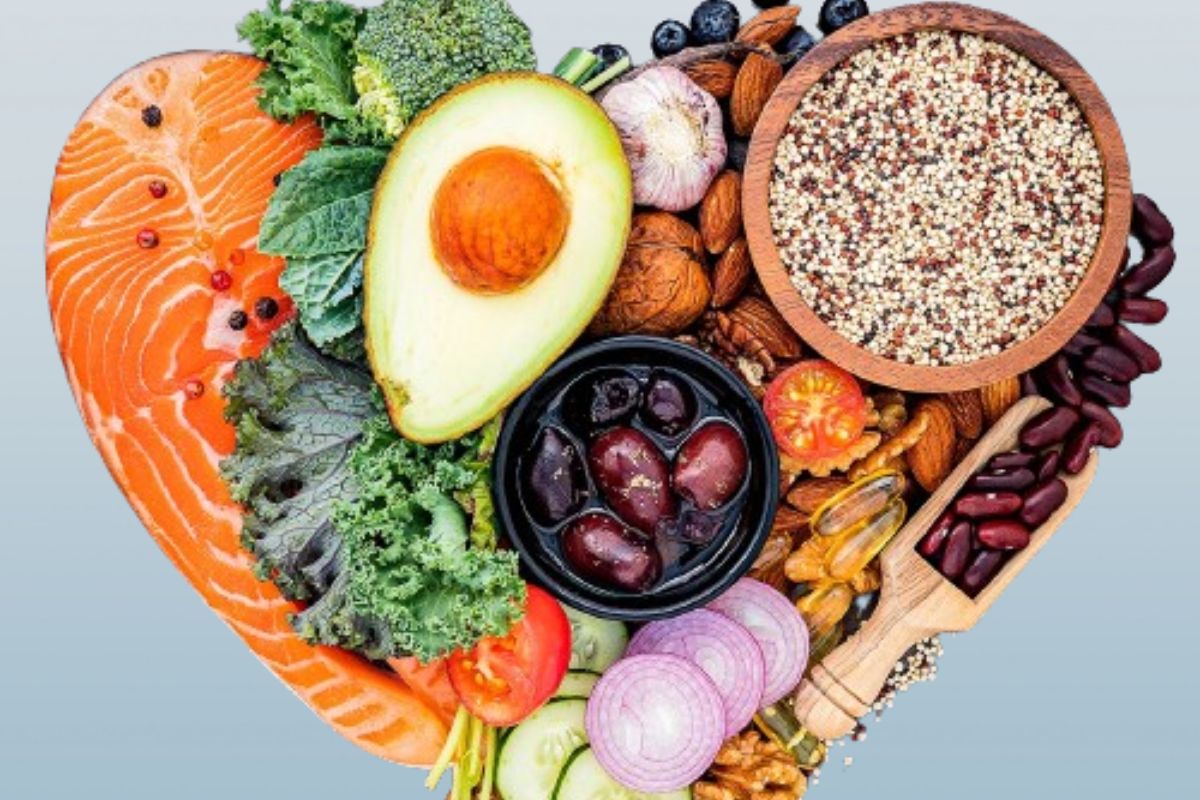What does winter mean to us? Is it forcing yourself to wiggle out of the cosy comforter and go and enjoy some piping hot kachoris and jalebis or packing up a picnic basket and basking under the sun in Maidan with friends and family? Or is it venturing out on a gastronomical exploration, trying out everything and anything? Or, is it visiting the Kolkata International Book Fair and the literary meet that make winters in this city magical and vibrant?
However, not everyone vibes along with the chilly weather, the sun peeking out at times, and the bright aura the city and its people resonate with. SAD (Seasonal Affective Disorder) is often described as a type of depression that is often related to the changing season, especially during the winter. “We often try to restrict ourselves within the four walls of our home during the winter, which results in less sun exposure, bare minimum socialisation. As a result, a lot of people suffer from this. Prevalent symptoms of this would be carbohydrate craving, low energy, and oversleeping,” explains Ananya Konar, chief dietician and nutritionist at Apollo Speciality Hospital, Jayanagar, Bangalore.
Advertisement
Studies have revealed that dietary patterns that include season-specific foods and fresh produce can help reduce the effects of SAD. Apart from this, winters are often accompanied by colds, coughs, and flu, which makes it even more tiresome and bothersome, and all we crave is some comfort food that mostly includes carbs and fatty foods. However, the right nutrition during the winter months is essential not just for general well-being but also to boost immunity. “We often recommend people to go for food that helps keep warm during the winters. During winters, the body starts losing heat faster, which results in lower body temperature, known as hypothermia. To prevent this, thermogenic foods are a must-have during the winters, which help retain and regulate the body temperature.” adds Subarnita Mukherjee, a senior clinical nutritionist at the Peerless Hospital, Kolkata. As The Statesman got talking to both of the reputed nutritionists on the do’s and don’ts of winter nutrition and immunity boosting, here’s everything our readers need to know.
Do’s
- Vitamin C is perhaps one such nutrient that both nutritionists emphasise. Vitamin C assists with immunity boosting. According to Subarnita Mukherjee, “Vitamin C or L-ascorbic acid is essential for immunity. You get it from citrus fruits like oranges and also from amla, spinach, cauliflower, and kiwis.” According to her, vitamin C comes with immense benefits, including boosting collagen production for tissue, cartilage, skin growth, and building. It contains rich antioxidant properties that fight free radicals and protect the cells from damage.
- An anti-inflammatory rich dietary plan helps stay fit and fight symptoms of hypothermia and SAD in the long run. From sweet potatoes, broccoli, pomegranate, carrots and beet, stocking up on winter fresh produce is a great way to start on a journey towards the right winter nutrition.
- Ananya Konar comments, “Adding protein sources during the winter is advisable as it helps regulate the body temperature and helps you stay satiated for a long time.”
- Both nutritionists’ advice on adding fermented foods to the winter diet as probiotics present in fermented food help promote better gut health, directly impacting one’s immune system as well. Subarnita Mukherjee observes,” There’s often a misconception that yoghurt during the winter could lead to cough and cold. However, there’s no link between the two. Having ‘dahi’ everyday, albeit that has been at room temperature, helps regulate nutrient absorption in the body.
- Both reputed nutritionists highlight the importance of adding spices and pepper to food during the winter. Turmeric, pepper, ginger, and garlic contain antimicrobial properties which protect the body cells.
Don’ts
- We often have the tendency to gorge on high-calorie, carb, fatty and processed foods during the winter, leading to an instant glucose spike. “During winters, due to less sun exposure and the gloomy weather at times, we often end up craving junk food to give us a sense of ‘happiness’; however, this should be avoided,” concludes Ananya Konar.
- And lastly, do not skimp on hydration. During winter, we sweat less, which results in being less thirsty. However, hydration is the key to keeping all the bodily functions and your immunity in tune, along with a well-balanced diet and a healthy lifestyle.











